Sometimes, quests aren’t super simple to get a hold of and may require someone to explain all the details. Either that or your players need someone to reward them for their efforts, incentivizing them to go through the quest. That’s why most games in Dungeons & Dragons have quest-givers.
While pre-made adventures will give you the NPCs you need for this task, you may need to think about this yourself in homebrew adventures or homebrew segments you wish to do during or in between campaigns. From powerful characters dealing with forces beyond comprehension to lovable goofballs, there are interesting characters to give your players some quests.
1
The Wizards Three
You Can Pick Which Three
The Wizards Three isn’t a particular group, faction, organization, or anything similar. As the name implies, it’s just a trio of wizards. There have been a few variations between the three chosen wizards throughout the years, but any of them is good to use—or all of them if the situation is that dire.
Keep in mind that each of these characters is a powerhouse of their own, so they’re best suited for high-level campaigns with high stakes—their most current formation even comes from Eve of Ruin. The wizards associated with the current version of the group are Mordenkainen, Alustriel Silverhand, and Tasha, but others, like Elminster Aumar, have been part of the group before.
2
Bruenor Battlehammer
Kings Are Great Options
Nobility is often a good pick for quest-givers since they tend to have big problems to deal with, and their status guarantees the players that a reward will be ready for them. Enter Bruenor Battlehammer, who’s even a default quest-giver in Out of The Abyss.
He’s another good pick for higher-level campaigns, but he won’t be as powerful as the wizards above—though his military power is something for you to consider. His allies within the Companions of the Hall—his former adventuring party—also make excellent options.
3
Rudolph Van Richten
For Vampire Stories
Van Richten is also famous for those who have ventured through Ravenloft, and depending on how your Curse of Strahd adventure developed, he may have been a quest-giver over there. That said, the multiverse is big, and you’re free to use this character somewhere else if it fits.
He’s a perfect character to get involved in any story that involves vampires, and because the strongest vampires don’t have such a big challenge rating, he works well for low to mid-level campaigns.
4
Fizban
Or Other Gods
A fun quest-giver that can also be very enigmatic is Fizban, an old mage who just so happens to be an avatar of Paladine—which is the Krynn (Dragonlance) name for Bahamut. Gods disguised as mortals are perfect for this role, and they can virtually appear whenever, confusing everyone while explaining the quest, and then he leaves.
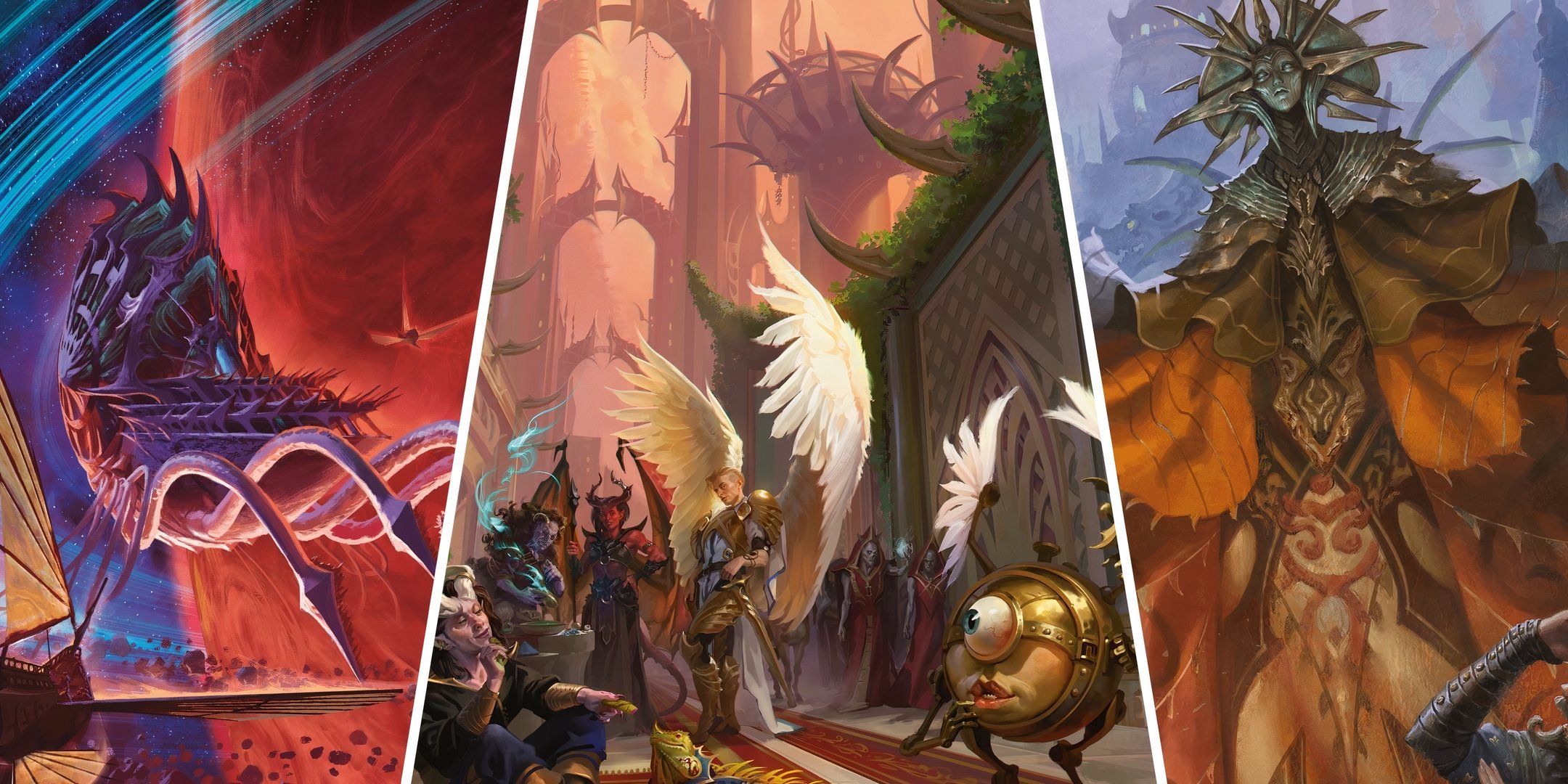
Related
Dungeons & Dragons: 10 Best Campaign Ideas Using the Outer Planes
The Outer Planes are a vast area with tons of potential. Here are a few things you can do within its vastness for your campaign.
Most settings have some sort of explanation as to why the gods can’t interfere to the point of fixing everything themselves, so it’s okay to have someone so powerful showing up to help. Plus, seeing the players trying to figure out who the old man is will be hilarious for you.
5
Ulder Ravengard
For More Politics
Whether it’s in the world of video games or tabletops, Baldur’s Gate is a sight to behold and a wonderful area for an urban storyline. Thus, involving the Grand Duke (or Flaming Fist soldier, depending on the timeline) would work wonders—though he might not clash with evil player characters well.
He also works beautifully in political-driven stories given his position, and because he’s just a man, he won’t be strong enough to carry the players out of problems—though he’s still a soldier and can fight.
6
The Summer Queen
For The Fey
If your story involves the Feywild, the Summer Court, in general, will offer you a few interesting characters to give your party quests. Among them, we have Titania, the Summer Queen, who is one of the most powerful archfey out there.
While any high-level stories involving the Feywild can work with her, we particularly recommend her if your story uses the Prince of Frost in any way – they are family, after all, making things more dramatic.
7
Volo
Ah, My Good Friend!
Your quest-giver doesn’t need to be a powerful character or even a serious person, for that matter. As long as they’re captivating enough to get your group’s attention and weird enough to put their nose where it doesn’t belong and learn about the plot to ask for the group’s help, silly characters work well as quest-givers.
With Volo, you’re giving yourself free rein to act silly during the story, which is a good way to just relax and enjoy the fun side of D&D without having to worry about roleplaying serious people all the time. It’s a game, after all.
8
Gods Or Patrons
The Guiding Hands
We already mention gods as quest-givers when we talked about Fizban, though you can drop the mysterious-old-man approach and be direct, having a deity appear through visions and state their business. It’s very fitting with clerics, paladins, or just religious characters in general.
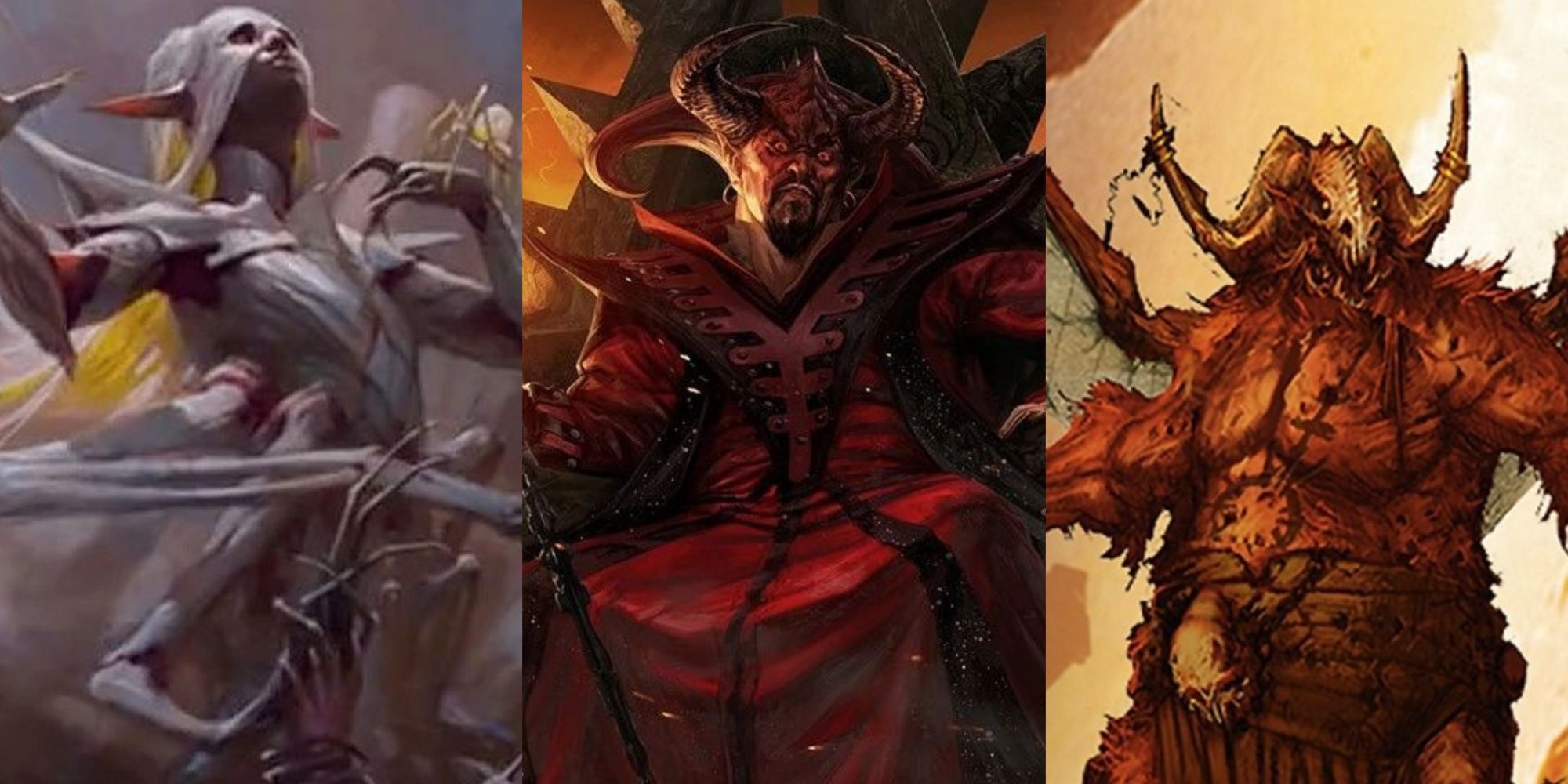
Related
Dungeons & Dragons: 23 Most Powerful Gods, Ranked
In the world of Dungeons & Dragons, even gods have their own hierarchy. These are the major gods of D&D, ranked according to power.
That said, if the party has a warlock, you can rely on their patron to help the party. It’s useful if the warlock and the patron have a good relationship, but even an antagonistic patron can force the group to do something for them or face the consequences. We don’t recommend forcing players into adventures often, though, because taking their agency is a complicated matter.
9
The BBEG
The Plot Thickens
Why not have a quest be given by Vecna, Strahd, Kas, Tiamat, a demon lord or archdevil, Lord Soth, Acererak, or many other famous antagonists from D&D? On the one hand, you can have a villain disguised and make the party do something that benefits the bad guy without their knowledge, perfect for a plot twist later.
On the other hand, the situation can be so complicated that the group actually considers a temporary alliance with the villain, with each side preparing to backstab the other while also being cautious so they won’t be backstabbed along the way.
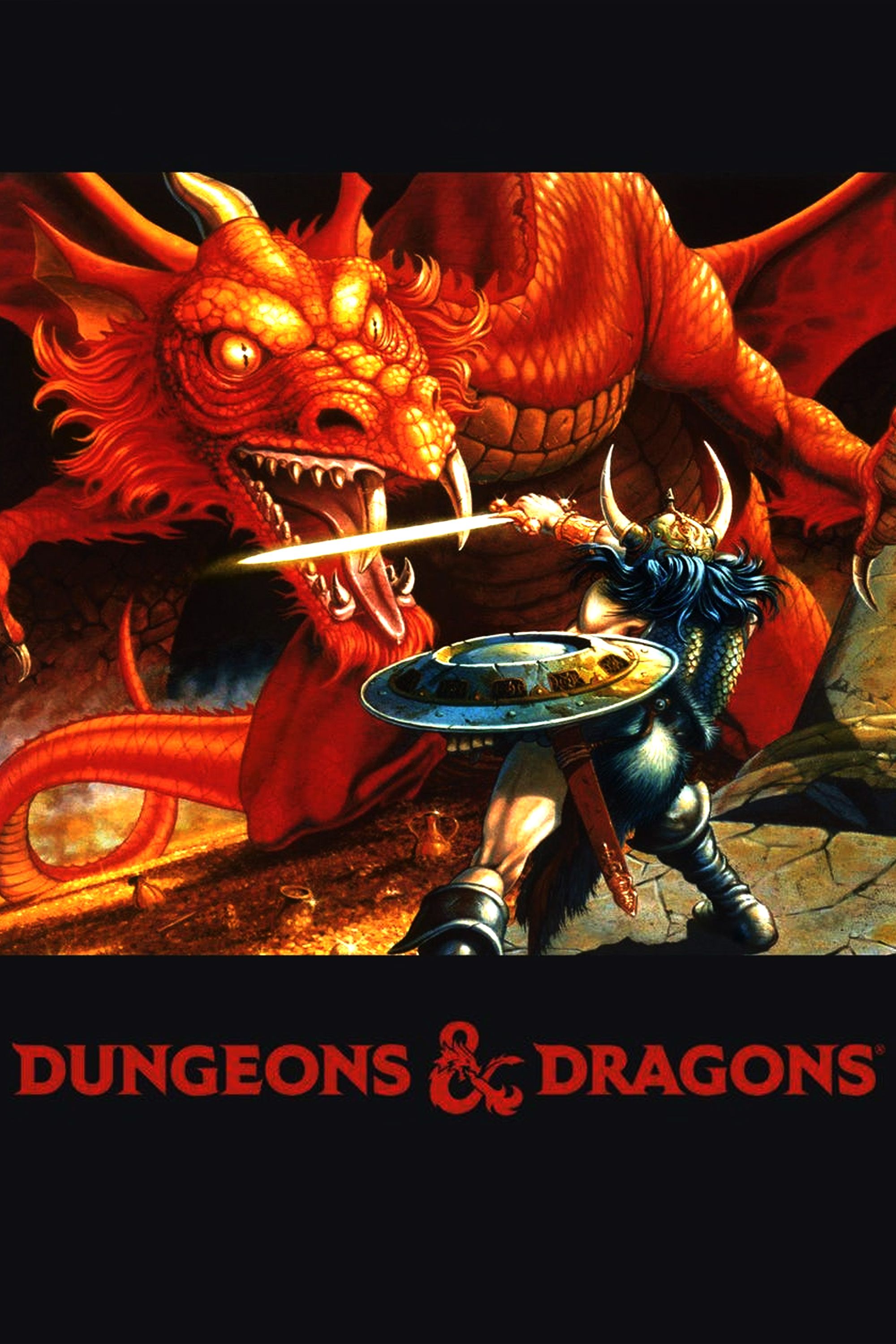
Dungeons & Dragons
- Original Release Date
-
1974-00-00
- Player Count
-
2+
- Age Recommendation
-
12+ (though younger can play and enjoy)
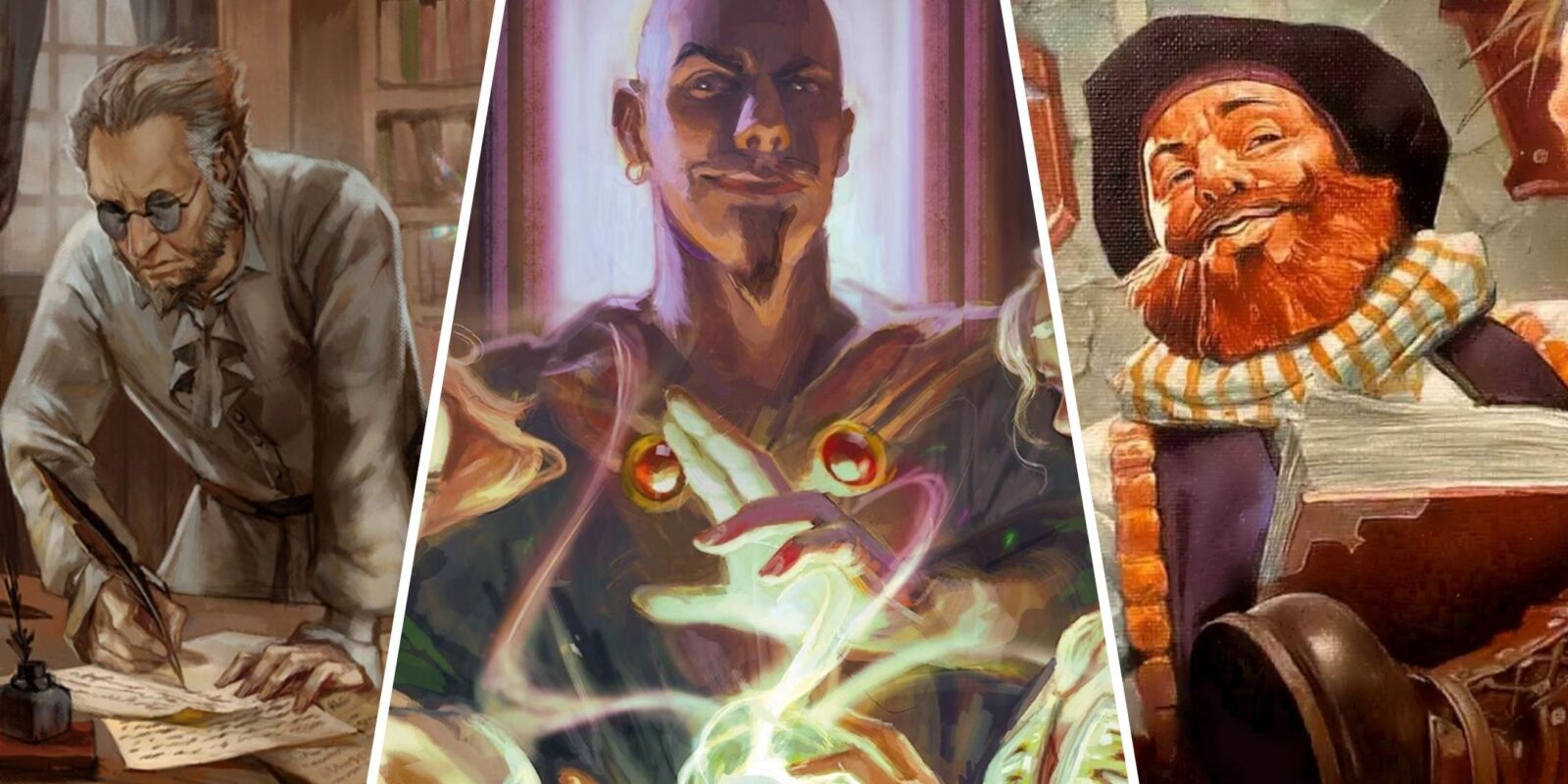
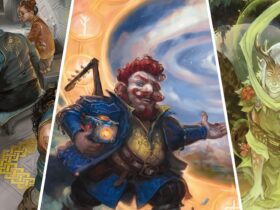
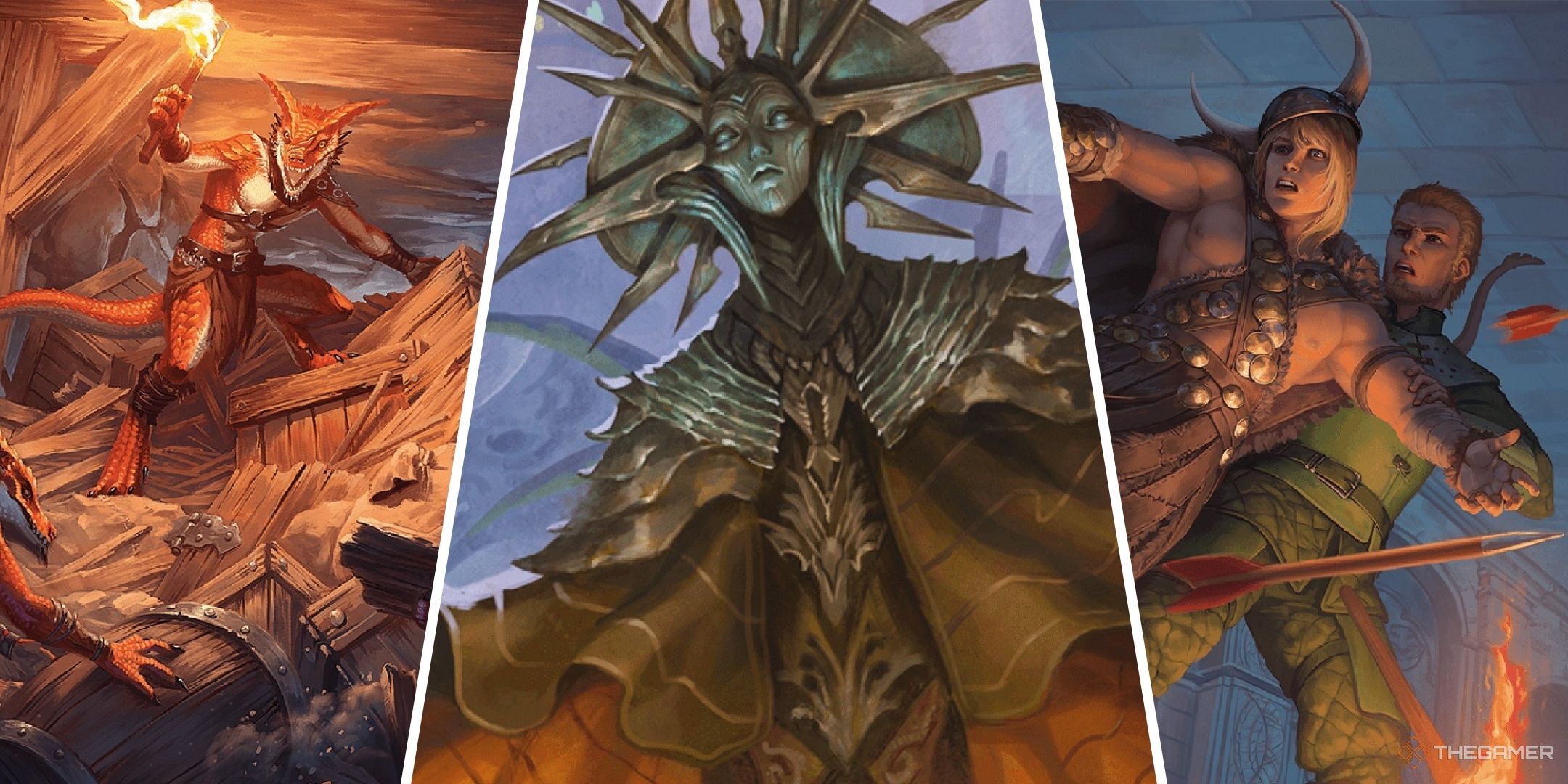
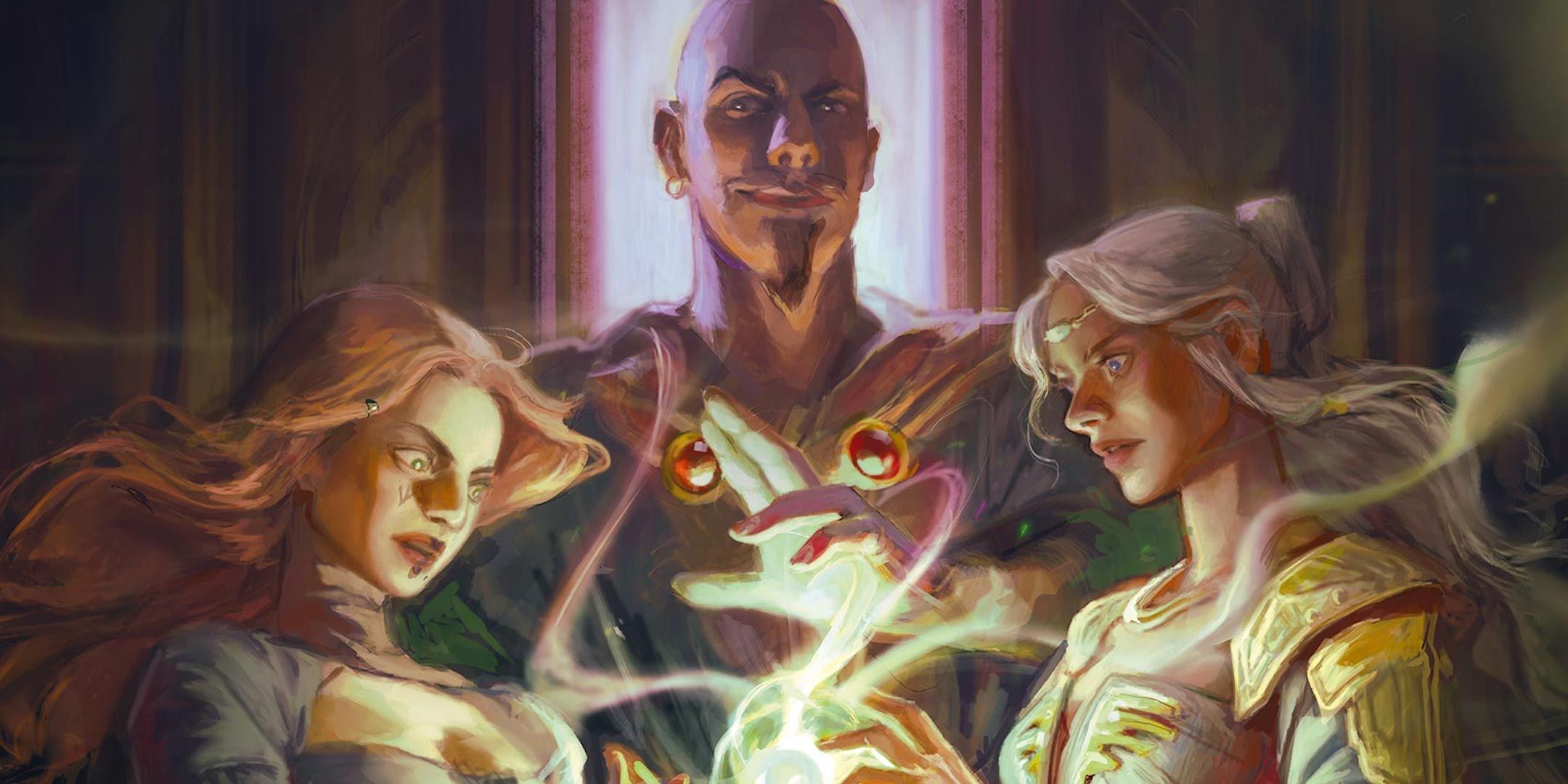
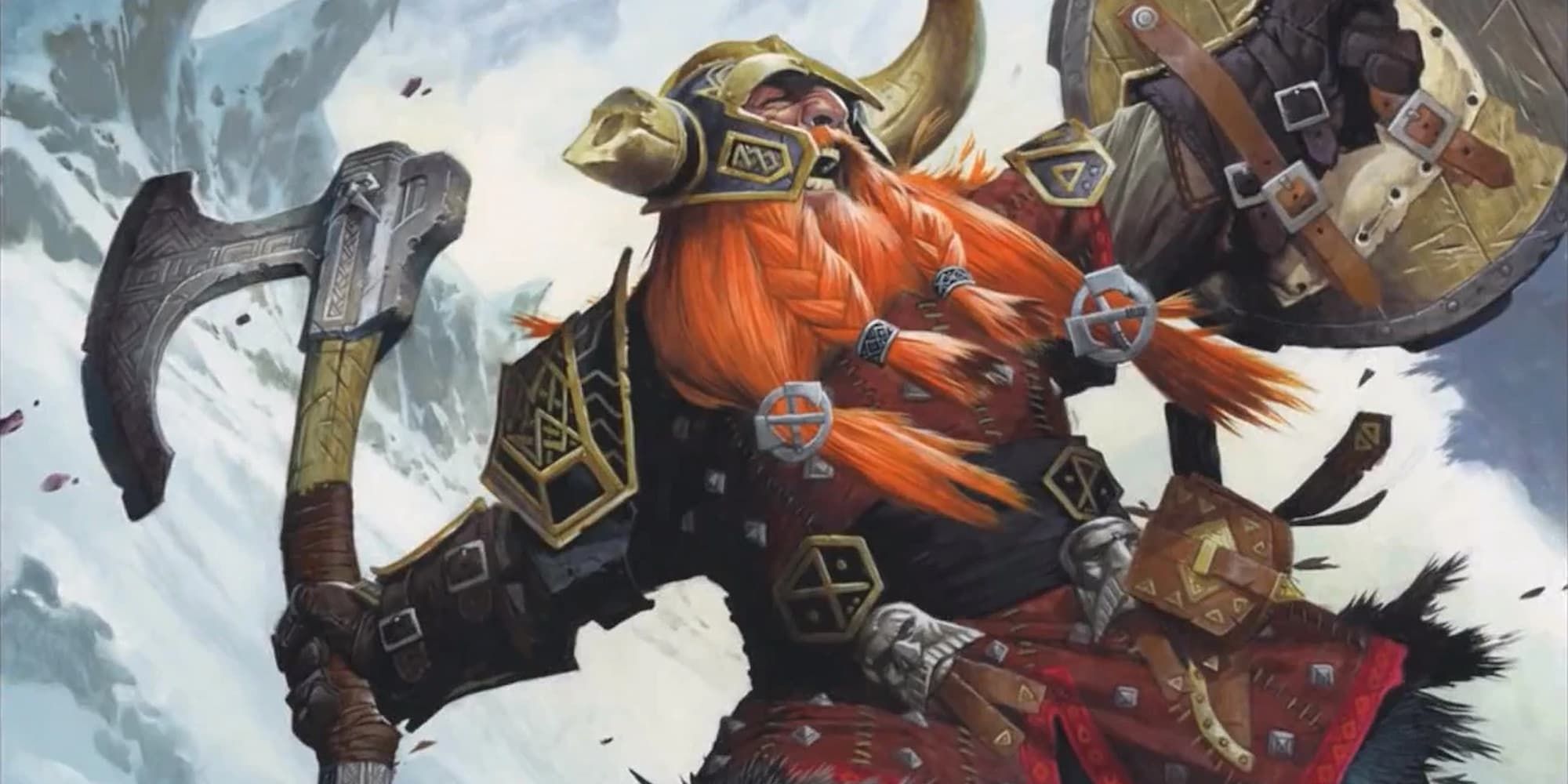
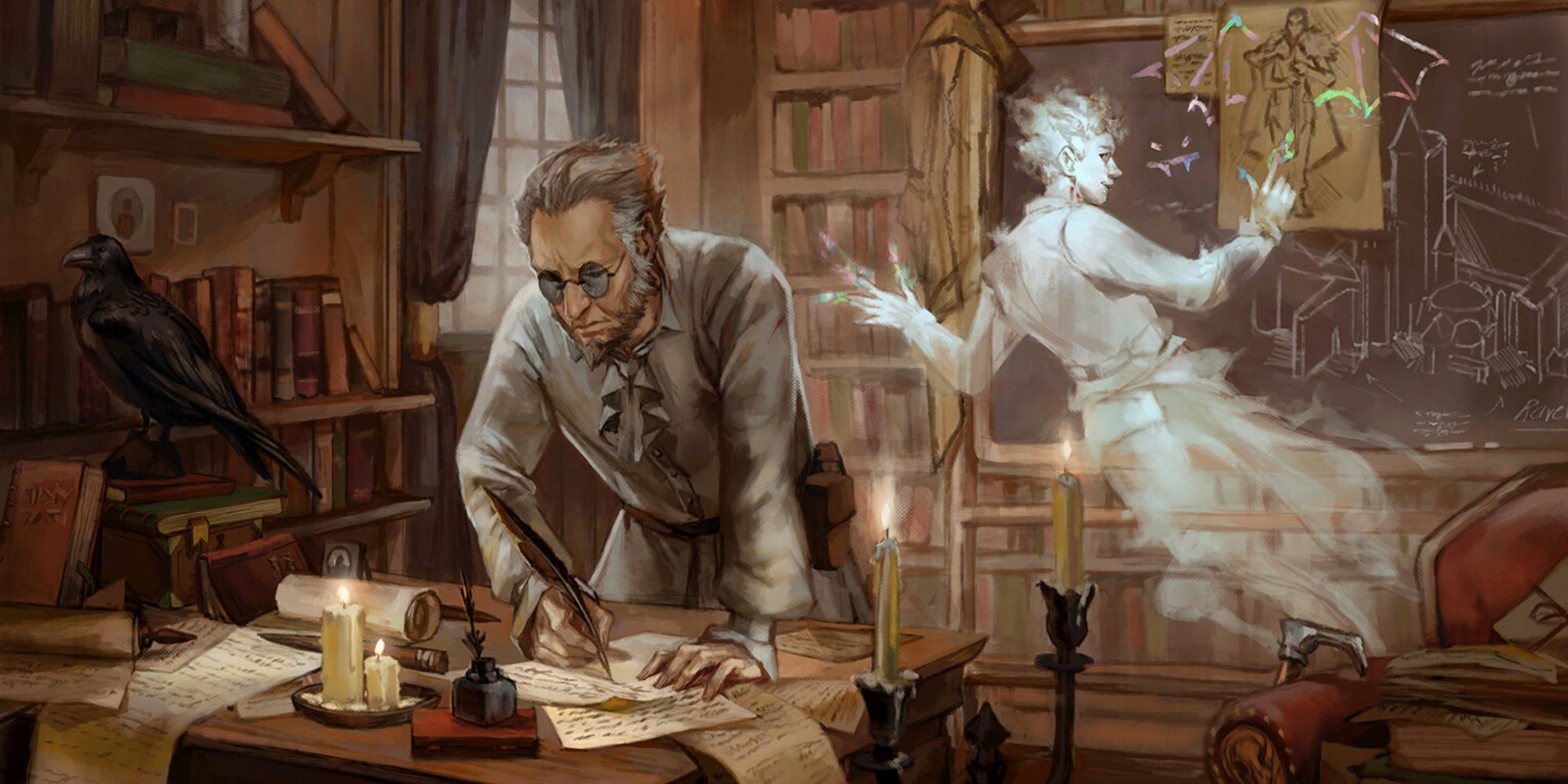
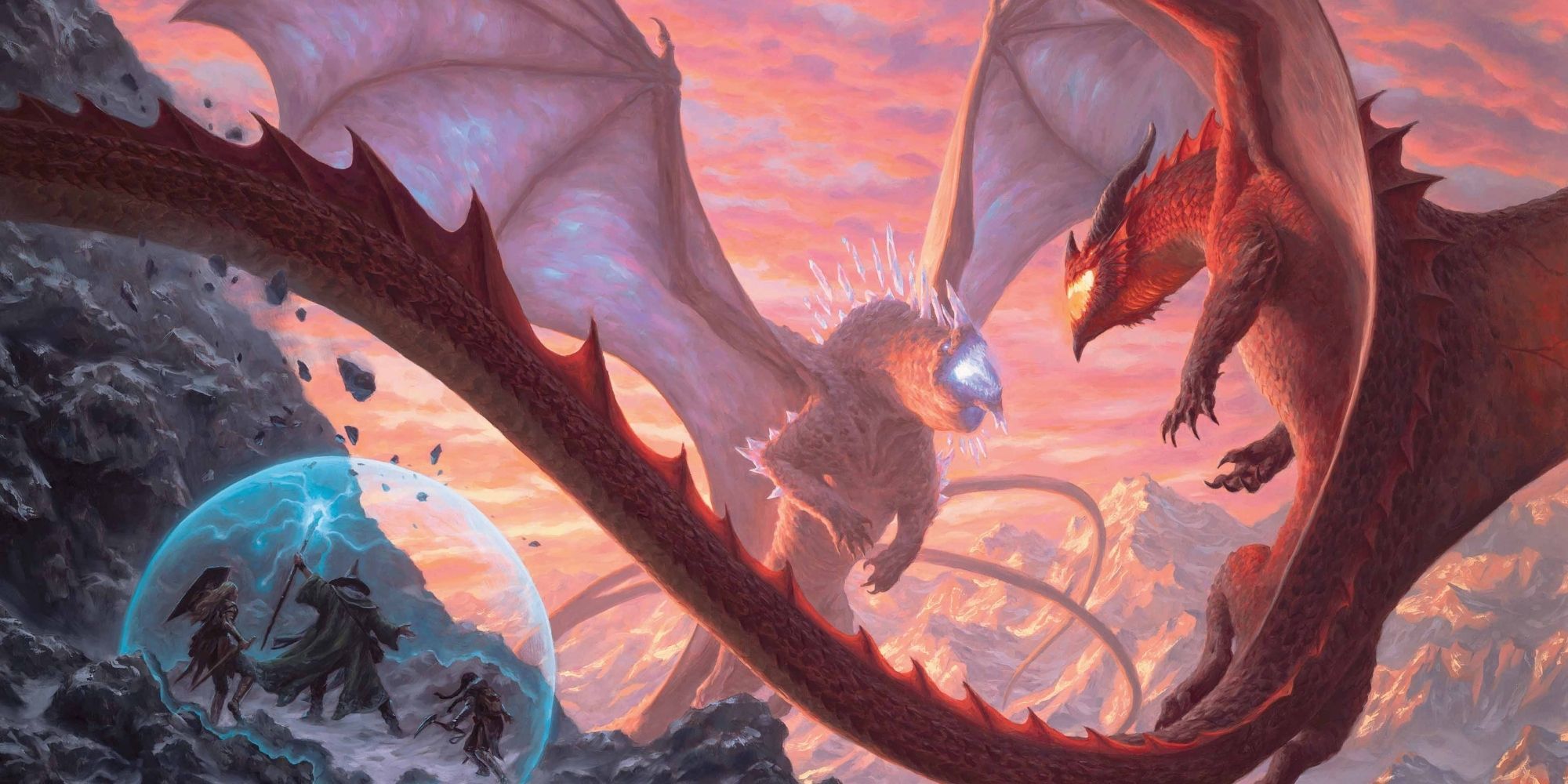
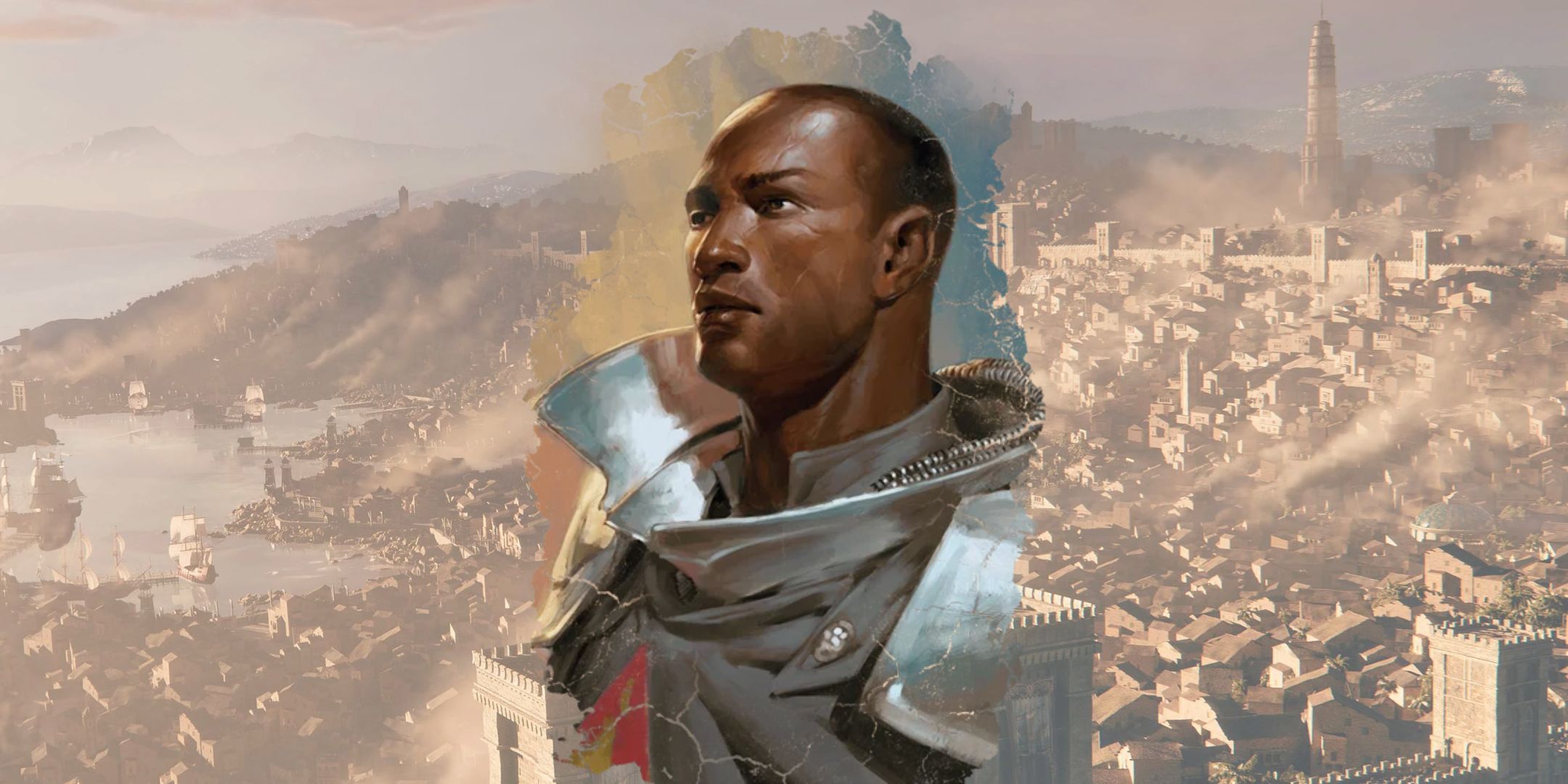
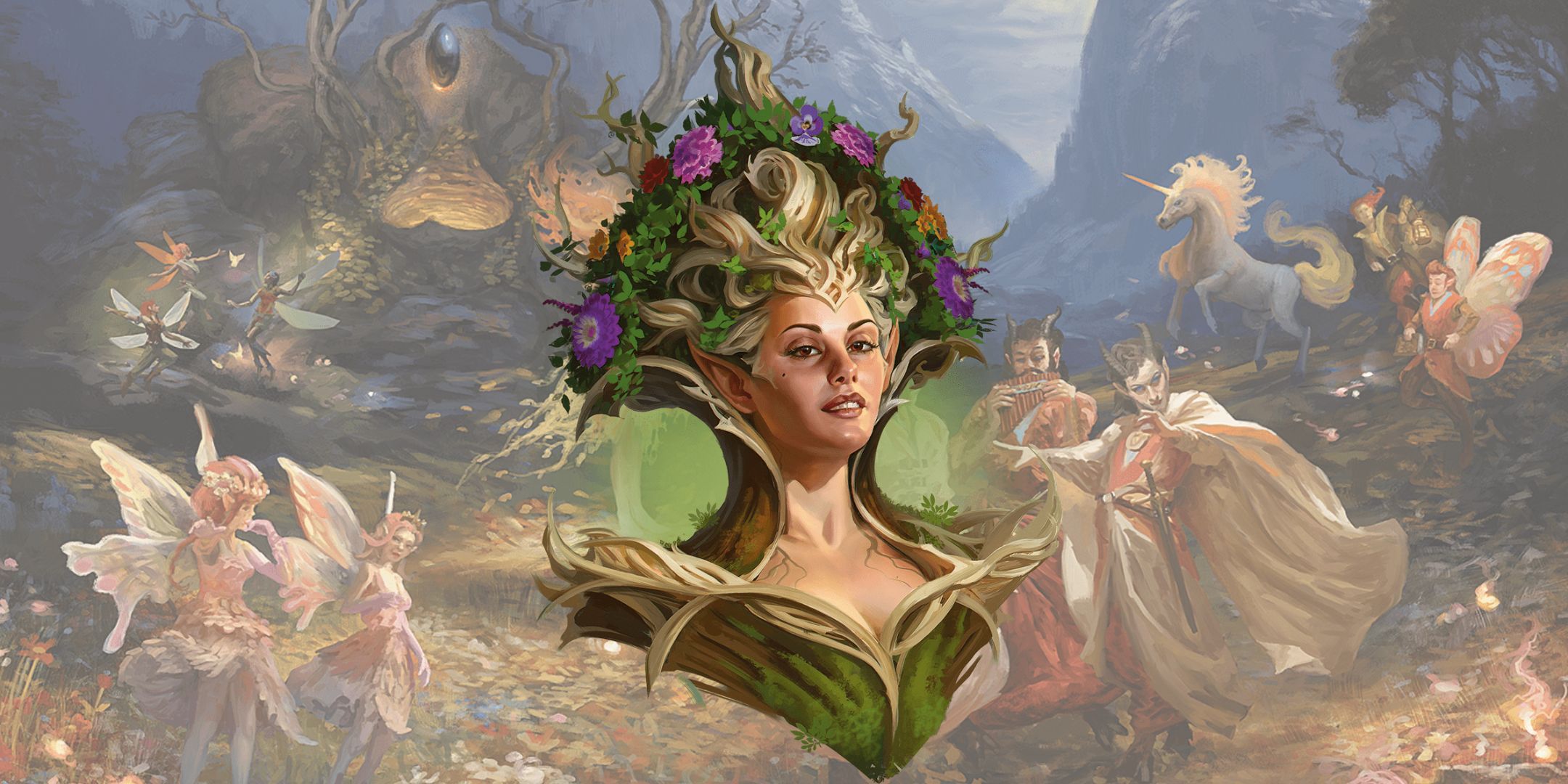
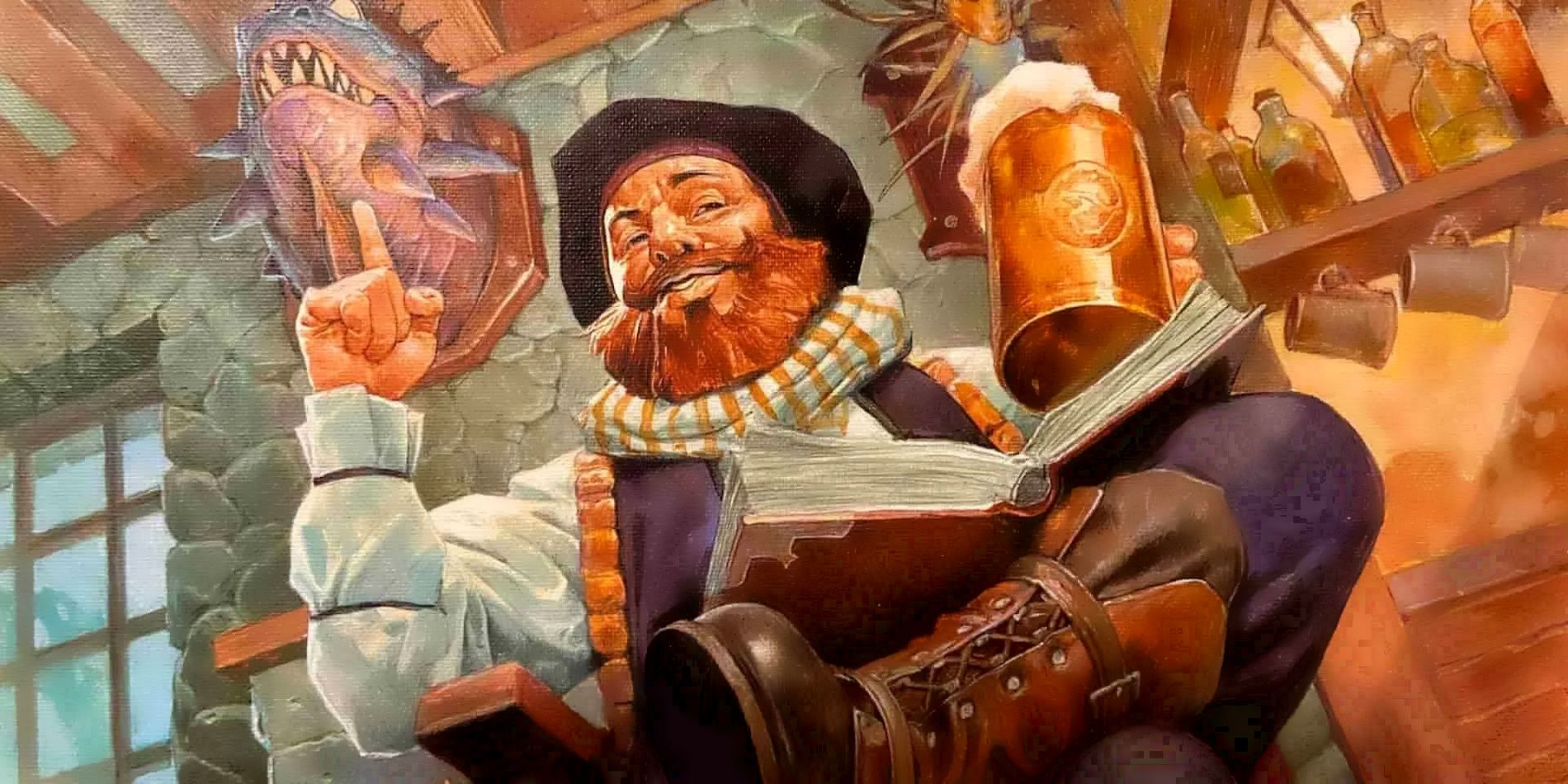
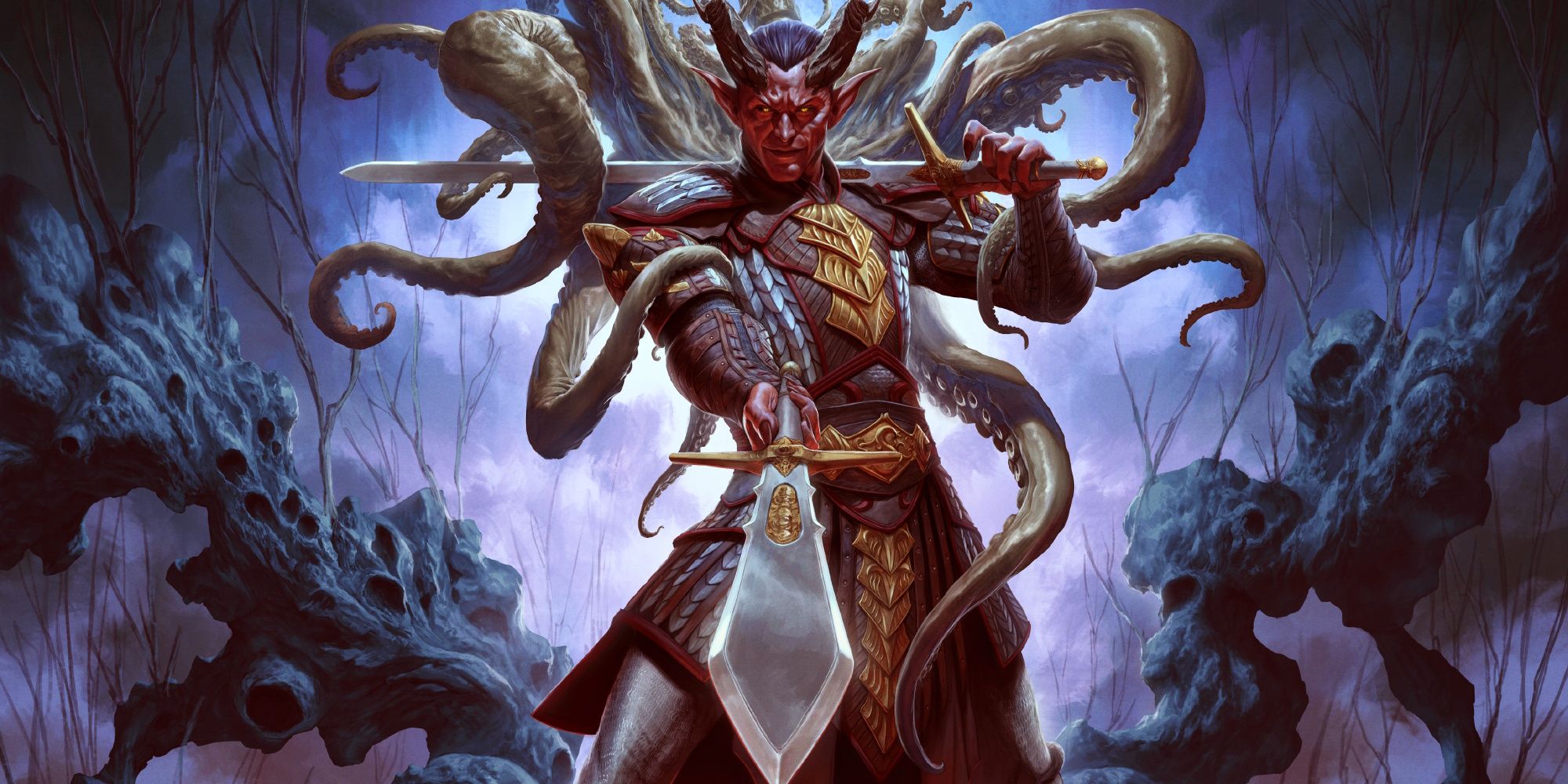
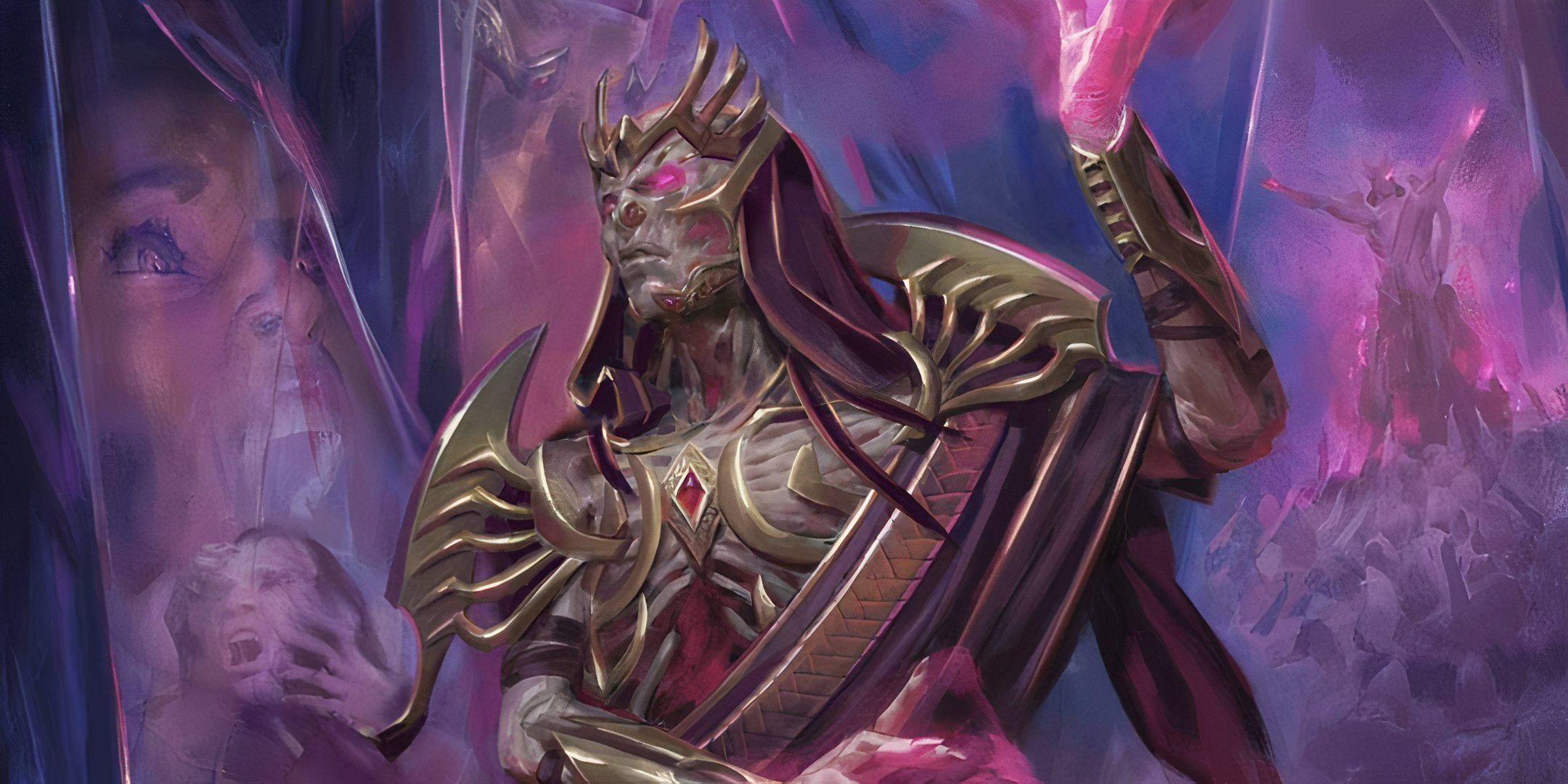

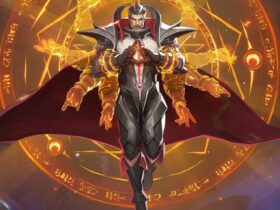


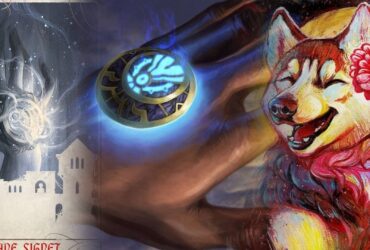
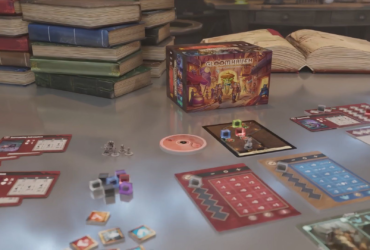
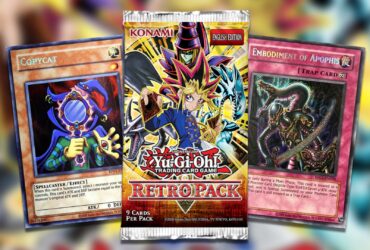

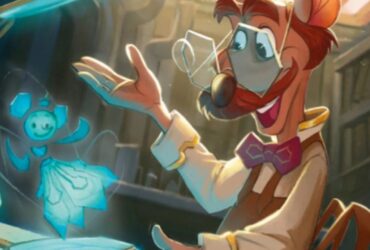
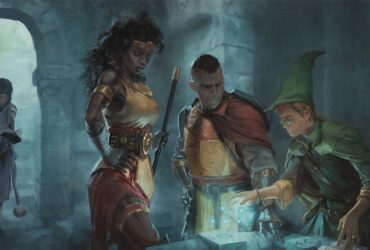
Leave a Reply